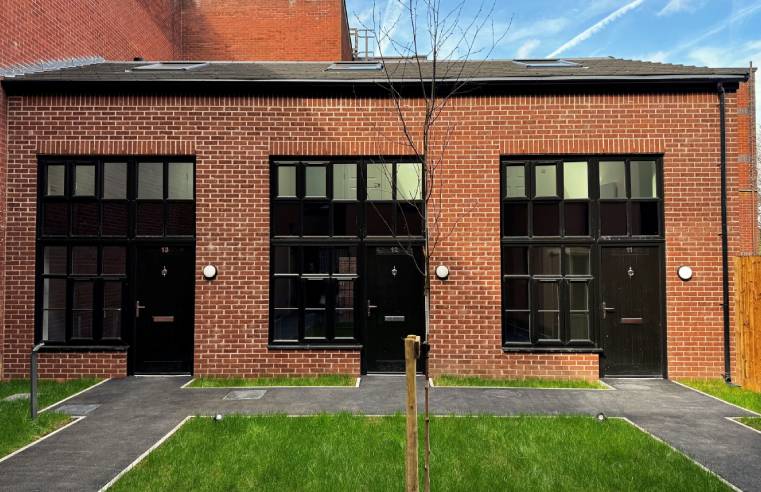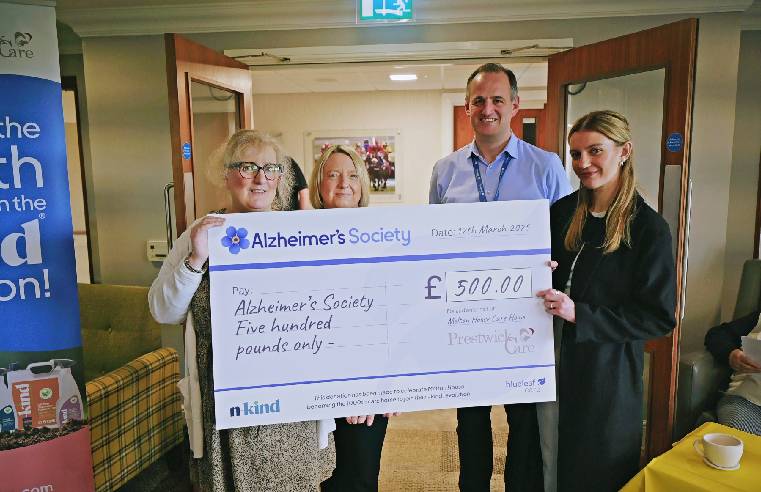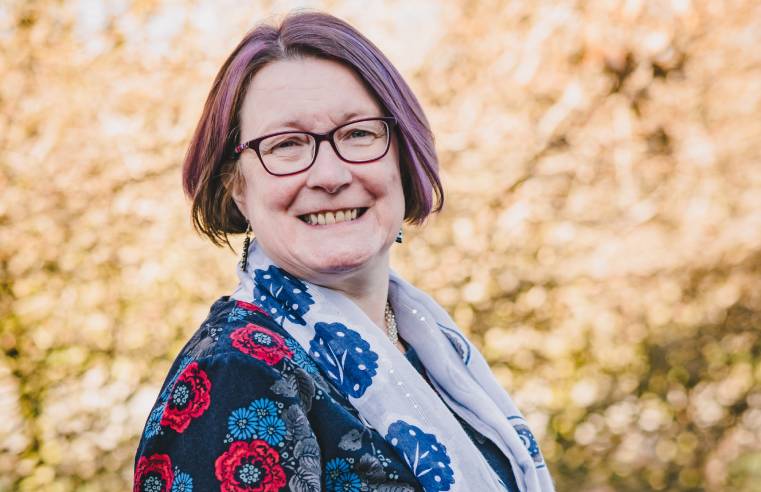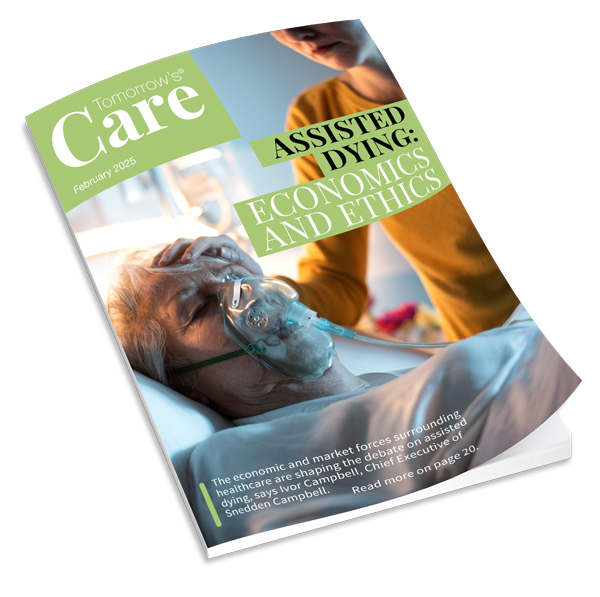Care providers do not have to pay workers the national minimum wage for sleep-in shifts, the Supreme Court has today ruled.
The case was brought to the UK’s highest court today by Claire Tomlinson-Blake, a support worker for the learning disability charity Mencap.
Claire had appealed against a 2018 Court of Appeal ruling that carers are only entitled to the minimum wage when they are required to be awake for work - and not while asleep.
The union Unison argued on Claire’s behalf that care staff should get the minimum wage for nightshifts even if they are asleep.
Claire, from Yorkshire, was paid less than £30 by Mencap for a sleep-in shift between 22:00 and 07:00.
A second case was brought by John Shannon, a Surrey care worker whose case was heard at the same time as Claire’s. The case against John’s his former employers was also dismissed.
The decision made by the Supreme Court concluded there was an exemption in national minimum wage legislation which applied to sleep-in shifts.
If the ruling had been overturned, workers would have been able to recover up to six years underpayments. HMRC could also have imposed significant fines on employers of up to £20,000 for each underpaid worker.
The ruling has been welcomed by care providers, who had feared the impact that a ruling in the opposite direction could have had on the sector.
Mark Milton, Chief Executive of care provider Ambient Support, said: “There would have been a severe impact on our ability to continue to deliver quality care and support if the ruling had gone the other way - but this is not a victory for employers like us.
“We support any move to deliver fair and equitable pay for social care staff for the brilliant work they do. But local authorities and the NHS have to give us the funding for that pay – and government has to give them the means for that funding.
“This is only one of many critical issues that need to be resolved to keep the social care system from collapse. We will continue to work with others in the sector to voice our concerns and to press politicians to urgently resolve the crisis in the care system.”
In response to the news, specialist social care employment lawyers Royds Withy King warned that care organisations must still take caution despite the ruling.
Matthew Hendra, a senior associate and employment lawyer in the Health & Social Care team at Royds Withy King, commented: “It is welcome news for care providers and a crucial outcome for the sector. However, there are still some key issues that now need to be addressed.
“Care providers and employers must still ensure that workers are expected to sleep. Where interruptions are known to be frequent, then it will likely be more difficult to argue that the exception applies.
“The Government, in response to the earlier ruling of the Employment Appeal Tribunal, introduced a Social Care Compliance Scheme for providers to declare their non-compliance to HMRC and repay staff.
“The Government must clarify what will happen to those providers who joined the Scheme and any HMRC enforcement action must be abandoned. The Government must still take the opportunity to find a sensible solution to the funding crisis affecting the sector.”


























